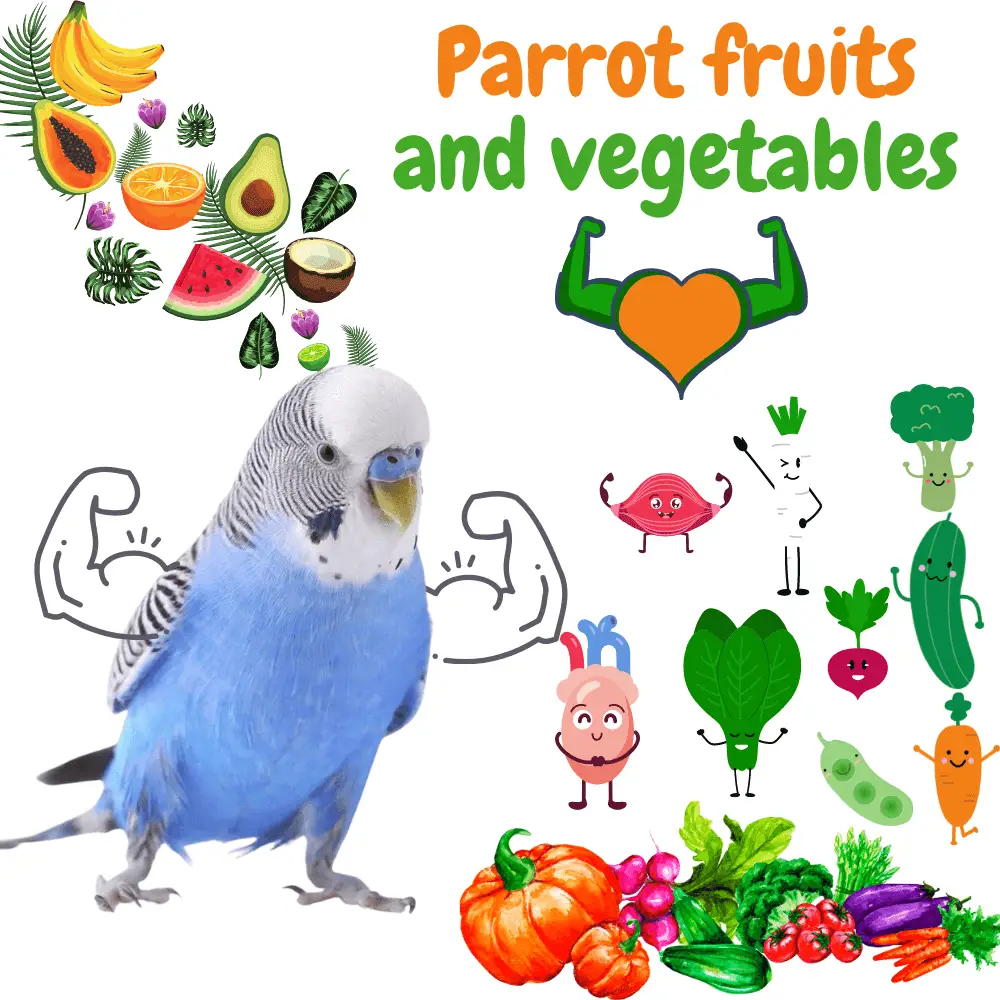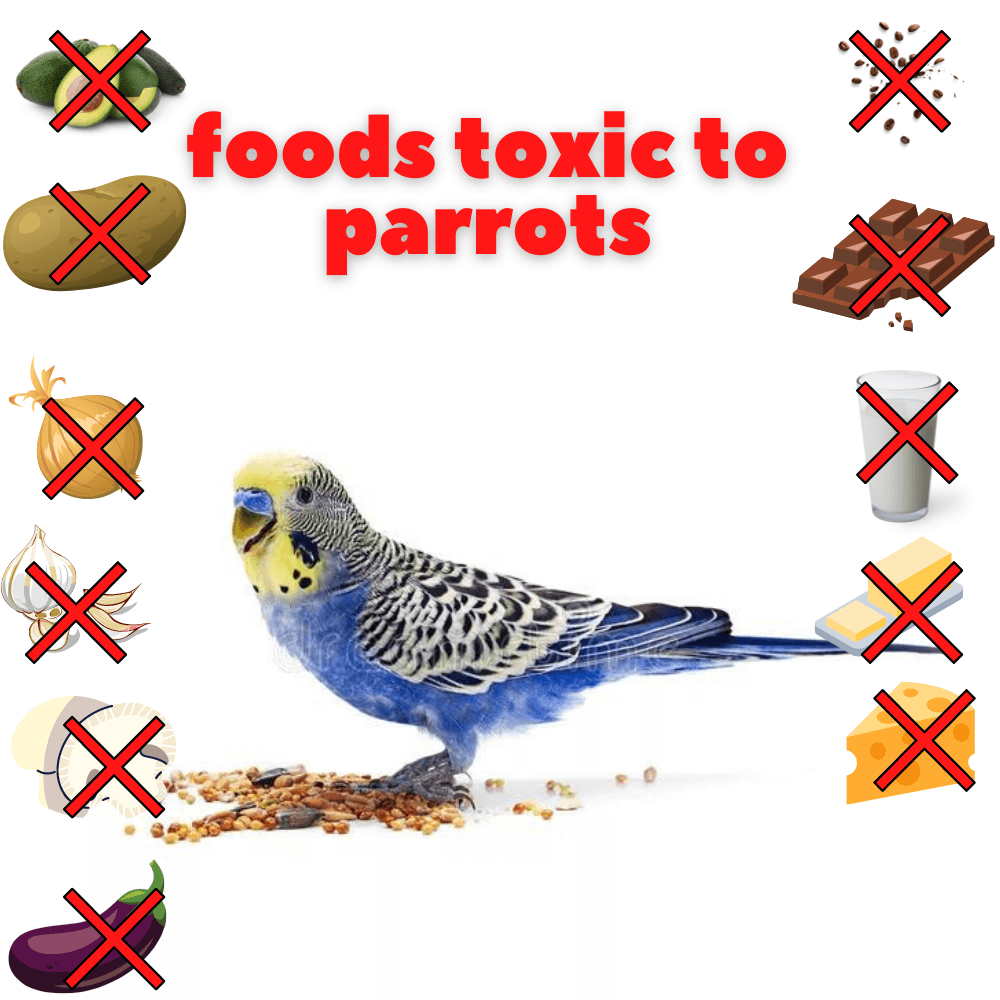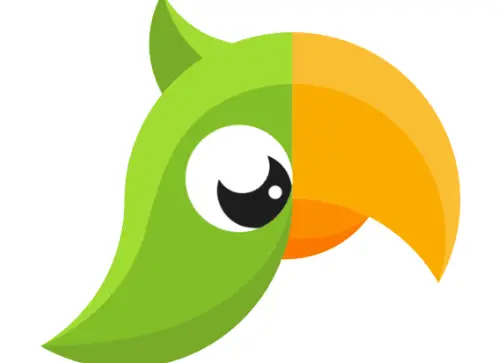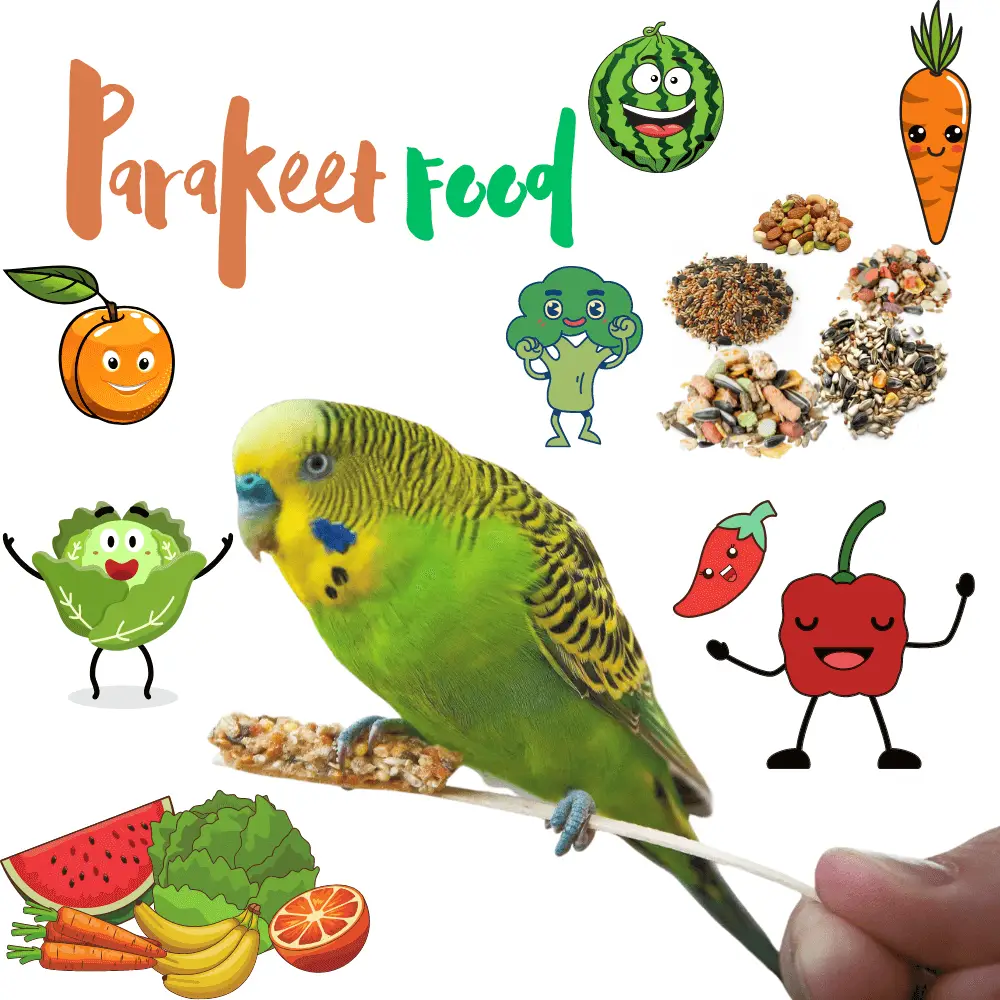Parakeet food: During the first acquisition of parakeets and especially through a pet store, we are often too little informed about its diet.
Just like us, the parakeet has specific nutritional needs so as not to be deficient and fall ill. It is therefore necessary to provide him with a varied and balanced diet to guarantee his state of health.
How to choose parakeet food? Which seeds for my parakeet? Which diet is the most balanced for a parakeet? Can my parakeet eat fruits and vegetables? We answer all your questions in this guide to parakeet feeding.
Seeds for parakeets
What constitutes the basic diet of the parakeet is the mixture of seeds that are very easily found in shops and pet stores at quite varied price ranges. Dry seeds must always be available to the parakeet. Because of its fast metabolism, the parakeet digests very quickly, hence the need to offer it food continuously.
These mixtures consist of 30-40% canary seed, 30-50% millet (white, red, or yellow), and at least 10% other seeds (oats, flax, etc.). It is therefore a mixture that you can make yourself by buying the seeds separately. In addition, it is possible to enrich by adding rice, spelled, safflower, barley, sunflower, or even sesame.
Your parakeet will greatly enjoy snacking on a bunch of millet from time to time.
It is important to give sprouted seeds to your parakeet whose nutritional values are multiplied compared to dry seeds and is also more adapted to the digestive system of the bird. For example, vitamin C levels increase by up to 600%!
Germinating seeds is not a difficult step. This requires soaking them for 4 to 12 hours in a jar depending on their nature, before removing the water and letting germination take place.
Seeds should be rinsed once or twice a day to keep them moist. After a few days, depending on the seed, the germ will appear and can be given to the parakeet when it reaches a few centimeters (about 2-3).
Fruits and vegetables for parakeets

A healthy parakeet is a parakeet whose diet is varied! This also includes fruits and vegetables! They come to bring a significant nutritious supplement to be given on a daily basis.
This food can be a little confusing for a parakeet that has not been used to consuming it. She may not even touch it, but with a little perseverance and by varying the way of presenting the food to her, the parakeet will be tempted.
Endive, dandelion, peas, kiwi, carrot, apricot, peach, radish, banana, melon… The list is long. Try to see what your parakeet likes.
Vitamins for parakeets
The parakeet needs minerals and vitamins which are essential for good health. Food supplements will help the parakeet supplement its needs when it needs them.
Cuttlebone is the most popular supplement among bird masters. A source of calcium is essential! The blocks of minerals and vitamins that the parakeet can peck at will provide necessary vitamin supplements.
What can parakeets not eat?

Some foods are not recommended for parakeets, or even completely banned because they are toxic. Here is a list that you must know in order not to endanger your bird.
- The meat, the parakeet does not need it
- Citrus fruits, which can cause diarrhea in too large quantities
- Foods that are too sweet (candies, pastries, etc.)
- Foods that are too salty
- Fizzy drinks
- Honey
- The mushrooms
Toxic food for parrots
- Milk
- The alcohol
- Caffeine and theine
- Onion, garlic, shallot
- Chives
- Chocolate
- Potato
- the lawyer
- Castor
- Nutmeg
- Stones (apricot, cherry, peach, plum, etc.)
Related article:

